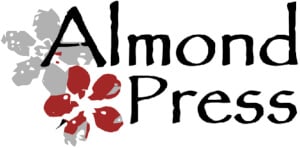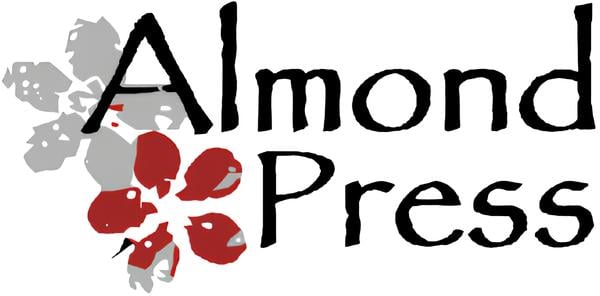Event Details
The Peggy Chapman-Andrews First Novel Award is one of the most sought-after prizes in literature. The award is open to writers aged 16 and over living in Britain and Ireland
Event Details
The Peggy Chapman-Andrews First Novel Award is one of the most sought-after prizes in literature. The award is open to writers aged 16 and over living in Britain and Ireland as well as British and Irish writers living overseas.
The organizer initially asks for only 5,000 to 8,000 words and a 300 word synopsis. Longlisted authors will be asked to submit a total of 15,000 words, including the original word count. Shortlisted authors will be asked to submit a total 30,000 words, including the original entry.
Entries should not have been published or accepted for publication elsewhere, in print or online, by a mainstream or an independent publisher.
An extract of the winning novel will be published in an anthology and the winner will receive advice from partners including mentoring by The Literary Consultancy, consultation with London literary agent A.M. Heath and publisher Headline. You will also have the chance to participate in the awards celebration.
The following additional prizes may also apply to entrants who fit certain criteria:
- Young Writer Award – £500 – For the highest placed writer aged 16 to 25 in poetry, short story, flash fiction and novel.
- Never Too Late Award – This £500 award is given to the highest placed writer aged 60+ in Poetry, Short Story, Novel and Flash Fiction. The winning piece will feature in our anthology, which counts as being published and opens doors with literary agents and publishers. It also accesses other competitions not available to the public.
- Dorset Award – £100 – Given to the highest placed Dorset writer in poetry, short story, flash fiction and novel. Sponsored by The Bookshop, Bridport.
We are keen to encourage quality, so suggest writers to check their stories before submitting using Prowritingaid. They have free and paid versions and are the best writing software we know to help improve grammar, readability and check for repetition, ‘sticky’ sentences and suggest alternatives.


